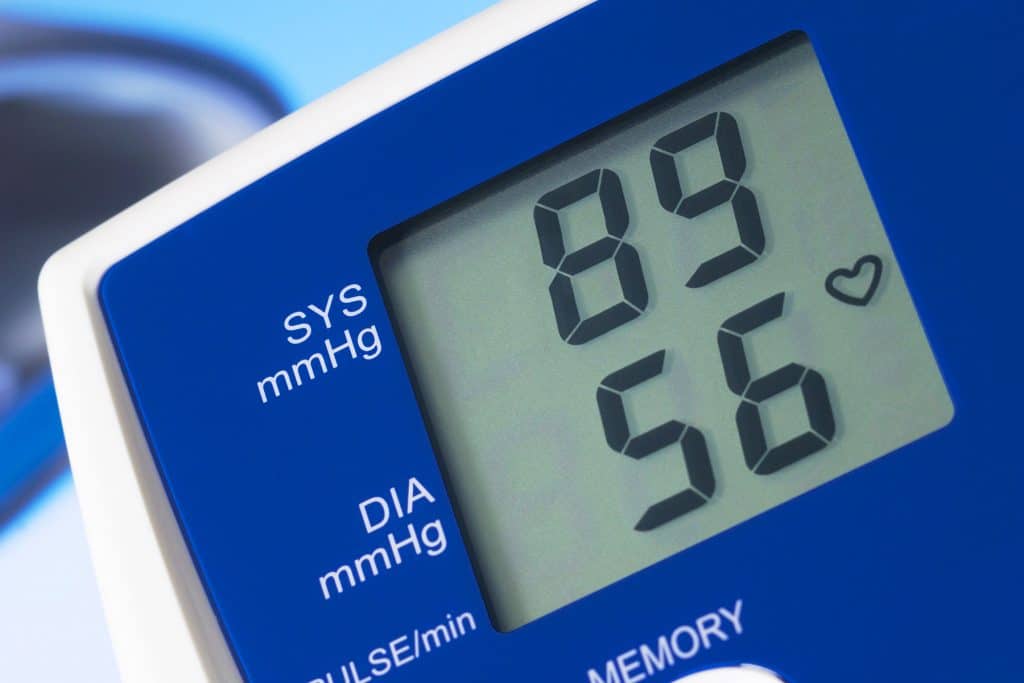You’ve likely heard a lot about hypertension, or high blood pressure, I’m willing to bet. But how much do you know about its opposite: low blood pressure, or hypotension?
Having blood pressure that is too low probably doesn’t sound like a problem, but it actually is if the condition is more severe. This means that your blood flow to your organs just isn’t adequate, and it can lead to blurred vision, dizziness, nausea, fainting, fatigue and an inability to concentrate. Even a more innocuous form or level of low blood pressure can present a problem if it interferes with your quality of life.
Low blood pressure can be caused by many things, including medication, dehydration, pregnancy, and some conditions such as heart disease and diabetes. There is also more than one type of low blood pressure, and the type a person has may point to its root cause.
Orthostatic hypotension
This type of low blood pressure is one people don’t often realize they have experienced. It’s a rapid drop in blood pressure that happens when you go from lying down or sitting to standing. It’s common in people across all ages, and you may feel briefly dizzy as your body adjusts to the position change. If this happens often or the dizziness is severe, speak to your doctor.
Postprandial hypotension
This may sound weird, but postprandial hypotension happens when your blood pressure suddenly drops after you eat. Considered a sub-type of orthostatic hypotension, this has similar symptoms. Older adults, especially those with Parkinson’s disease, are at a higher risk of developing this type of low blood pressure.
Neurally mediated hypotension
The name sounds a little fancy, but in reality, this type of low blood pressure comes from standing for a long period of time. It can be caused by a very emotionally upsetting event or when you stand for a long time. Neurally mediated hypotension occurs more often in children than adults.
Severe hypotension
This type of low blood pressure will stem from shock, which happens when your organs are not getting the oxygen and blood they need to function correctly. In its severe form, low blood pressure can present a threat to a person’s life if not quickly treated.
If you have any symptoms of low blood pressure of any type, especially if it occurs regularly, it’s important to discuss those symptoms with your doctor.




